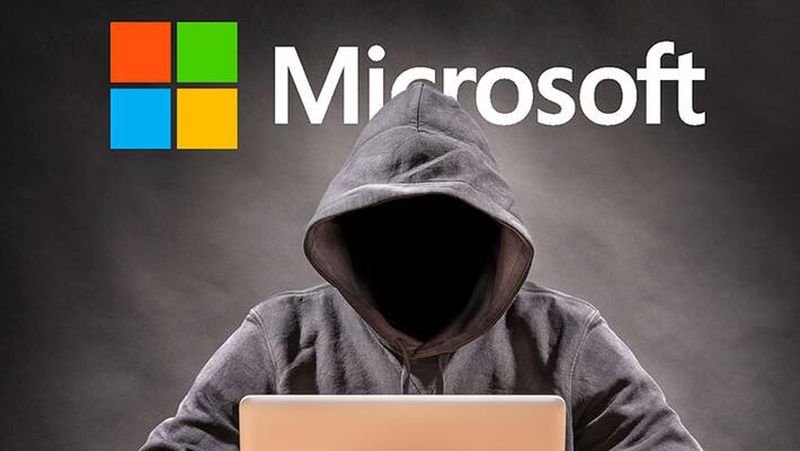Blockchain, the technology behind cryptocurrencies is not just for speculation. Microsoft is testing it to fight against movie, software, and video game pirates.
The blockchain is a network in which all the computers and devices that belong to it, have to give their approval to all the operations that are carried out within the network. Most cryptocurrencies use blockchain, and some use the blockchain network of other currencies.
The blockchain is almost impossible to hack because to do so would require hacking all the devices connected to that network at the same time. That is why it is not only used in cryptocurrencies, but also in banking security, in business, or in the popular NFT.
Microsoft has presented Agnus, an anti-piracy technology based on blockchain.

Agnus uses the Ethereum cryptocurrency blockchain network to pay rewards to those who denounce people or entities that sell or distribute pirated products: movies, music, software, video games, etc.
The Ethereum network allows the report to be processed anonymously, in the same way, that Ethereum transactions are anonymous.
Once received, Microsoft (or the owner of the rights) would track that pirated content thanks to the watermarks they introduce. If the report is true, the whistleblower would receive a reward through the Ethereum network itself.
The document does not explain what rewards they would offer for whistleblowing. It could be a payment in cryptocurrencies, cash, game or software codes, etc.
The advantage of using the Ethereum blockchain is that the maintenance of the entire infrastructure is very low, and anonymity would encourage more people to report.
To avoid abuses (many people reporting the same pirate at the same time to all collect the reward) the prize would be divided among all whistleblowers or given to the first to report.
Although Agnus is in the testing phase, for the moment it is just that, an experiment. Microsoft has not confirmed whether or not it will use it in Windows, Office, or in its PC and Xbox video games.




